A counter-movement to restore nature literacy
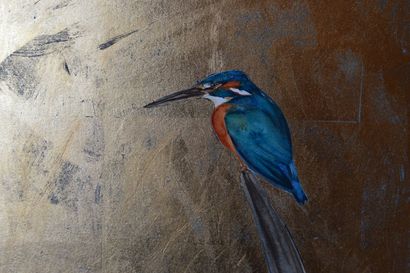 Kingfisher by Jackie Morris
Kingfisher by Jackie Morris Now two of them, author Robert Macfarlane and artist Jackie Morris have teamed up to make a new book based on the very words lost from the OJD. The Lost Words: a Spell Book will be published by Hamish Hamilton in Spring 2017.
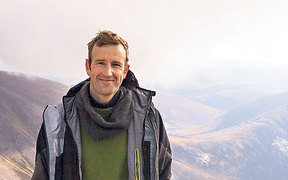
"Technology is miraculous, but so is nature" says Macfarlane. "Jackie and I wanted to find a way to release these simple wonder-words back into people's stories and dreams."
In her blog Jackie writes: It grew out of a letter I was asked to sign by Laurence Rose and Mark Cocker. The letter was a request for the words culled from the Oxford Junior Dictionary to be returned. These words included bluebell, conker, heron, acorn and perhaps the one that cut deepest for me, kingfisher.
I contacted Jackie Morris at her home-studio by the sea near St. David's, Pembrokeshire. She explained that Macfarlane had already started sending her material for what will be "a dazzling full-colour book of spells and spellings that seeks to re-wild the language of readers young and old."
They have chosen around twenty of the lost nature words to "start putting nature back into the mouths and minds' eyes of readers through the magical interplay of artwork and text."
Mark Sears, CEO of The Wild Network, an organisation devoted to reconnecting children with nature that has been collaborating in the #naturewords campaign, sees the new book as "the first sign of a counter-movement, a positive move to restore nature literacy."
"There is a real music in the flow of words Rob has sent me" Jackie told me yesterday, having received texts for otter and kingfisher so far. And this afternoon a Facebook message: "He's sent me an acorn piece - pure music!"
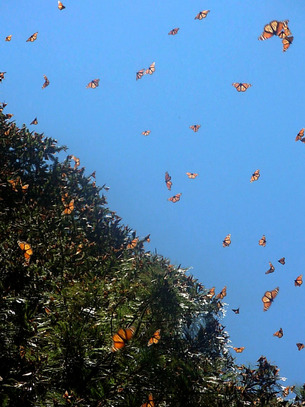
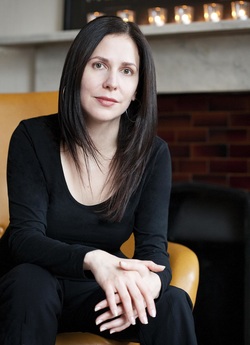
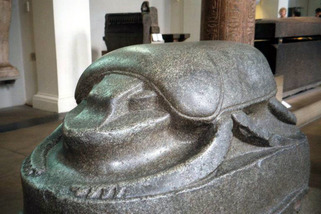

 RSS Feed
RSS Feed
